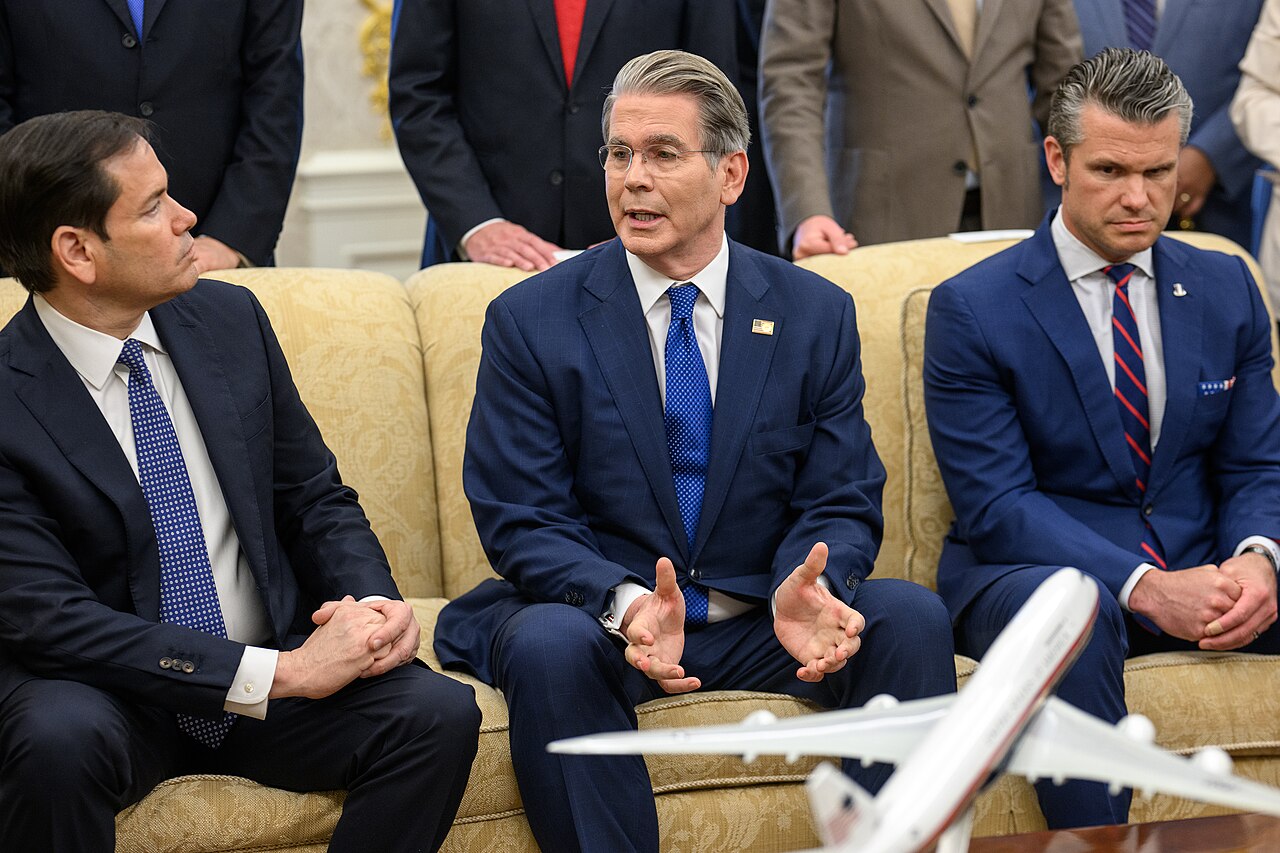LME decides against ban on Russian metal

The London Metal Exchange decided against a ban on new deliveries of Russian metal, in a blow to big western aluminum producers and some traders who had lobbied the exchange to take action.
The LME said that feedback from the metals industry showed that “a material portion of the market is still accepting — even relying on — Russian metal.”
It said it did not condone Russia’s actions in Ukraine, but that “the LME should not seek to take or impose any moral judgments on the broader market.”
The exchange launched a formal discussion a month ago in response to calls from Alcoa Corp. and other large suppliers for Russian metal to be excluded from the LME, as a growing number of users shunned it in their contracts.
Metal prices have jumped in recent weeks as traders weighed the possibility of action by the LME, as well as the US government — which has been mulling options including sanctions or tariffs against Russian aluminum. The LME was closed when the announcement was published on Friday, but shares of US-listed aluminum producers dropped on the news.
While the US and Europe have imposed sweeping sanctions on Russia in response to the invasion of Ukraine, the metals traded on the LME have largely avoided blanket restrictions. Some metal consumers have been “self sanctioning” and refusing to buy Russian metal, leading to fears that it could be dumped on the LME and distort prices on the exchange.
Still, the exchange said the responses to its discussion paper did not provide sufficient evidence for that thesis. Russian miner United Co. Rusal International PJSC has insisted it has no plans to make large deliveries to the LME, while associations representing thousands of European companies warned last month that a ban, or any government-imposed sanctions or tariffs, were an “imminent and vital threat” to the European aluminum industry.
Russian stocks in LME warehouses might increase in the coming months as slowing global growth hurts demand, but that wouldn’t necessarily indicate that the market was disorderly, the LME said Friday.
However, it plans to increase transparency on the issue by publishing a monthly report showing what percentage of the metal on warrant in its warehouses is of Russian origin, starting in January 2023.
Alcoa, the biggest US producer, is “extremely disappointed in the LME’s decision to simply maintain the status quo,” a company spokesman said. “We continue to believe that there is a significant risk that unwanted Russian-origin metal will flood into the LME warehouse system, threatening the reliability of the LME aluminum contract.”
While the majority of global metal is sold and used without ever being delivered to an LME warehouse, a potential ban could still have had far-reaching implications for the physical metals industry. Some contracts between producers, traders and consumers stipulate that the metal should be “LME deliverable,” and banks often insist on the condition for metal that they finance. Traders also rely on the fact that metal can be delivered to the LME when they use LME contracts to hedge their physical inventories.
The LME’s decision puts it in line with other companies that have already said they will not take action on Russian metal ahead of any government sanctions, including rival exchange CME Group Inc., which has a much smaller aluminum contract, and Fastmarkets, which produces price assessments.
Of the 42 written responses the LME received, less than a quarter were from metal consumers, with traders, banks and producers representing the largest groups. Of those who endorsed an option, 22 recommended taking no action, while 17 recommended banning Russian metal.
The LME decision was announced at the end of a strong day for industrial metals — copper rose to the highest since June, while aluminum surged 5.9% in its biggest daily jump since 2009 as the dollar tumbled and after slower-than-expected US inflation data on Thursday raised the chances that the Federal Reserve will slow rate hikes.
After the LME’s announcement, shares in Alcoa, the biggest US producer, pared an earlier 16% gain to trade 8.7% higher on the day, while Century Aluminum Co.’s traded 19% higher, after earlier surging as much as 29%.
(By Jack Farchy, with assistance from David Marino and Joe Deaux)
More News
{{ commodity.name }}
{{ post.title }}
{{ post.date }}




Comments
Night Rider
Gutless idiots, just interested in making fat bonuses at the LME.